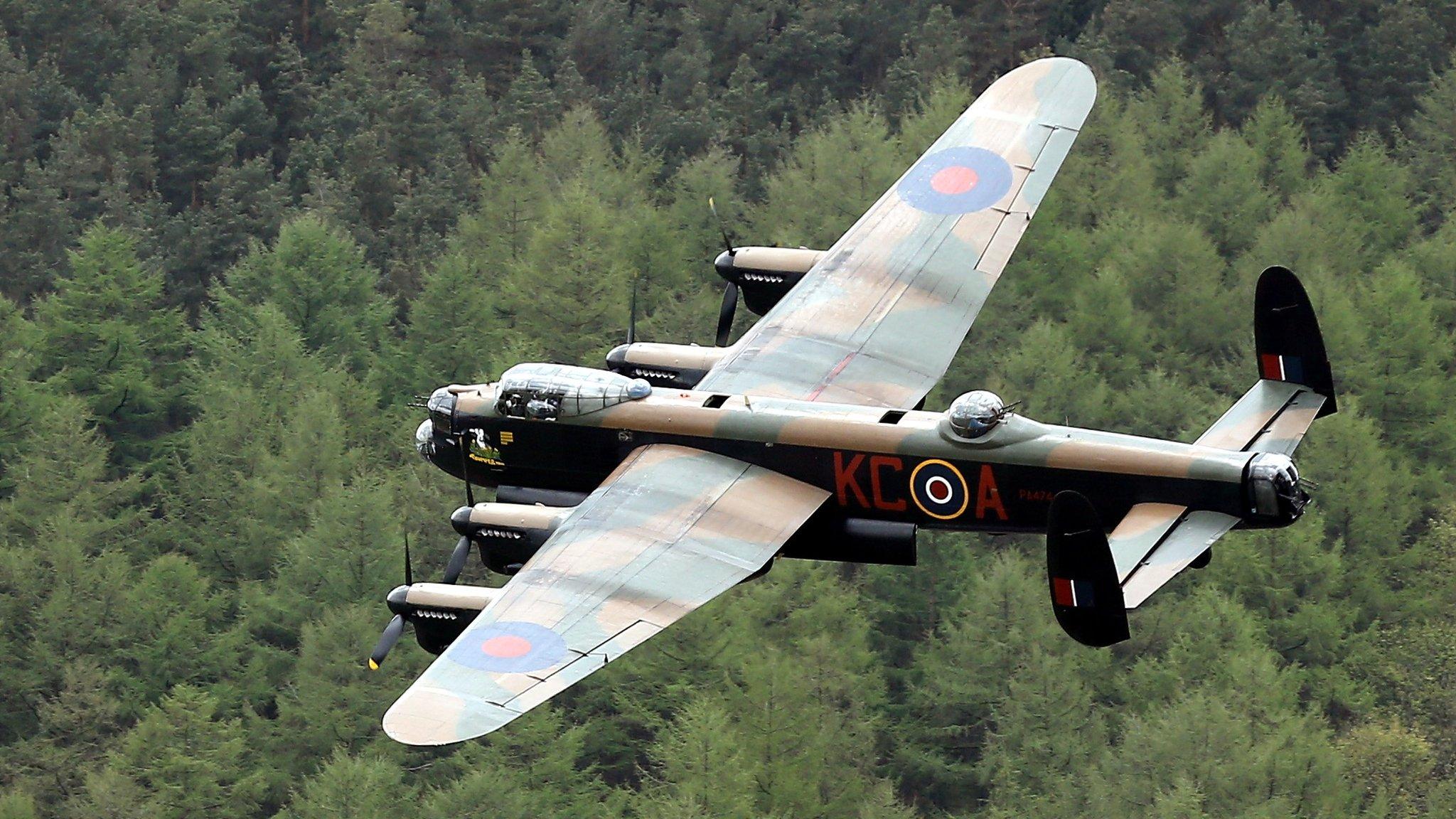Historic tandem Lancaster flight halted by bad weather
- Published
BBC's Gemma Dawson: "The heavens opened... so the Canadian Lancaster landed here alone"
A first flight by the last two airworthy Lancaster bombers has been postponed due to bad weather.
The Canadian Warplane Heritage's aircraft was due to meet the UK-based Lancaster and then pass over Lincoln Cathedral, escorted by the Red Arrows.
However, due to bad weather in the area, the Battle of Britain Memorial Flight's aircraft was grounded.
The two Lancasters are due to give a series of displays across the UK during August and September.
The Canadian aircraft, also hampered by the stormy weather, flew directly to the BBMF's base at RAF Coningsby, landing just after 14:00 BST.
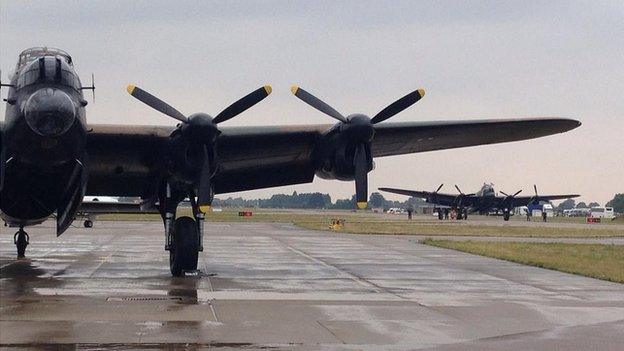
The Battle of Britain Memorial Flight said the aircraft were a tribute to the men of Bomber Command
Large crowds who had gathered in anticipation of flypasts at Lincoln and nearby RAF Waddington were left wet and disappointed.
About 7,300 Lancasters were built during World War Two but most of those that survived the fighting were scrapped.
A number of Lancasters were converted for peacetime use after 1945 but they were gradually withdrawn from service. It is believed the last time two or more flew together was in 1964.
The BBMF will host the Canadian Lancaster, officially the Mynarski Memorial Lancaster, in honour of Canadian VC recipient Andrew Mynarski, for more than a month.
Heavy casualties
Chris Freeman, chair of Canadian Warplane Heritage, said: "The Lancaster is one of those iconic aircraft. If you are a fighter buff then it is the Spitfire but if it's a bomber, then it is almost certainly the Lancaster.
"It wasn't the only bomber but it earned a place in our hearts, perhaps because some of the feats it performed like the Dambusters and the sinking of the Tirpitz."
Squadron Leader Duncan Mason, Officer Commanding of the Battle of Britain Memorial Flight, said: "As a symbol of aviation the Lancaster bomber epitomises all that is great to be British.
"It really does stand above any other aeroplane as something that stands for all those airmen that were lost all those years ago."
A total of 55,573 airmen of Bomber Command died in World War Two. Their average age was 22.
- Published8 August 2014
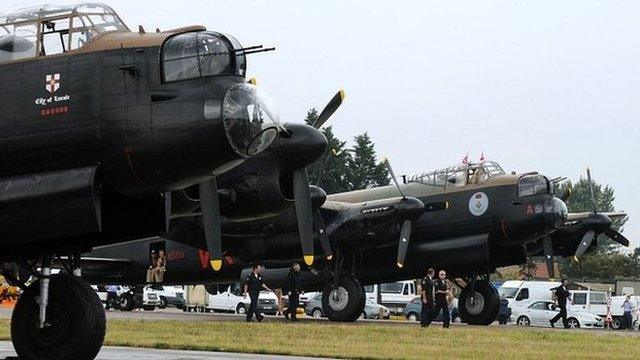
- Published8 August 2014
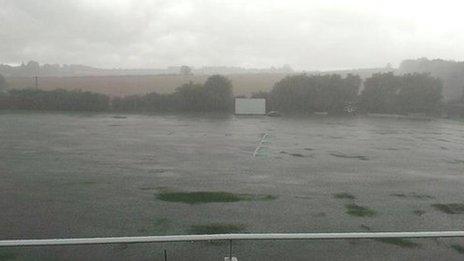
- Published7 August 2014
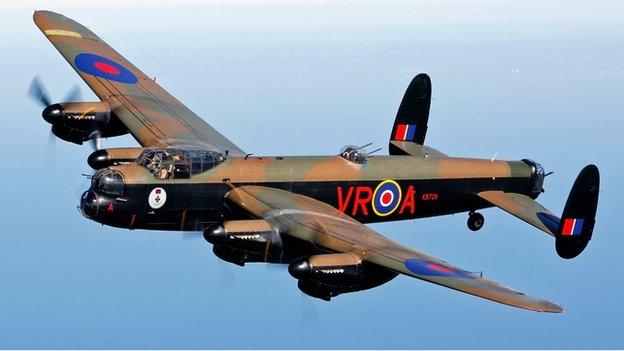
- Published5 August 2014

- Published24 February 2014
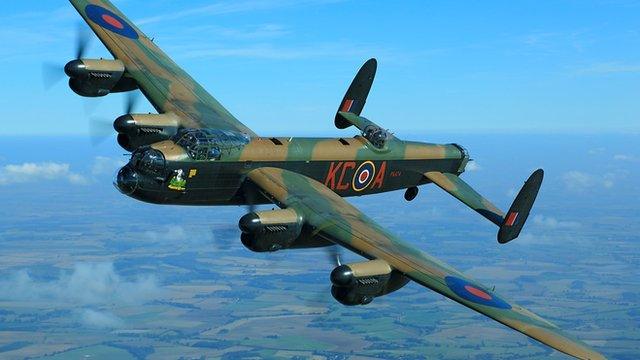
- Published10 February 2014
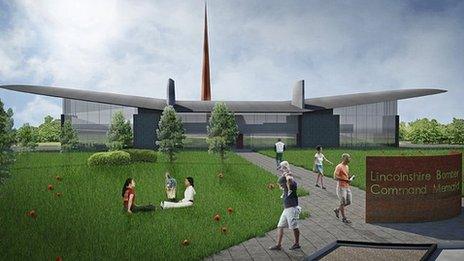
- Published17 May 2013
